The lack of 4G interoperability of certain phones and certain mobile network operators results in the impossibility to make any voice call when roaming in countries which have already phased out 2G and 3G networks, as it is the case in the United States. This means that in case of danger, these users are also not able to alert the emergency services.
In August 2021, telecoms expert Rudolf Van Der Berg had already warned that current 4G standards do not ensure compatibility and interoperability between all devices and networks for VoLTE services. Consequently, users of these devices and networks are unable to make voice calls based on VoLTE (4G), including voice calls to emergency services. This becomes particularly problematic when 2G and 3G networks are phased out and there is no fallback solution to provide a legacy voice service. Over the last months, several Europeans roaming in the United States have experienced this issue. In the future, this may also occur in Europe when 2G and 3G networks are phased out and if nothing is done to ensure a full interoperability of all devices and networks on 4G.
In April 2022, Rudolf Van Der Berg explained in detail the roots of this problem and the way forward to address it:
EENA takes this problem very seriously as it prevents some people from calling emergency services in case of danger. To rapidly find a solution to this issue, the participation of all relevant stakeholders such as European authorities, national telecommunications regulatory authorities, mobile network operators, and smartphone manufacturers is required and EENA is actively raising this issue with them.
More information about this issue can be accessed in this article published by Capacity Media.
